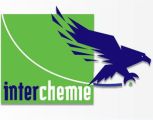Delivery service
Free Worldwide Shipping & Returns
Free Worldwide Shipping & Returns
40% Discount for you
Tax Free Shopping
80,000+ Satisfied Customers
Dewormer for dog, cats, cattle, sheep, goats, pigs, horses, carnivores, fur animals, chickens, geese, pigeons.
For the treatment and control of Roundworms (Toxocara Canis, Toxascaris leonina), Hookworms (Ancylostoma caninum, Uncinaria stenocephala), some Tapeworms (Taenia pisiformis), Whipworms (Trichuris vulpis) and Giardia.
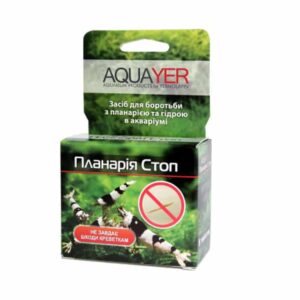 Aquayer Plan Stop 5 tablets
Aquayer Plan Stop 5 tablets
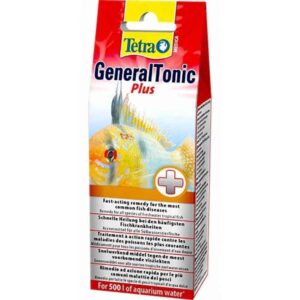 Tetra Med G-Tonic 20ml
Tetra Med G-Tonic 20ml
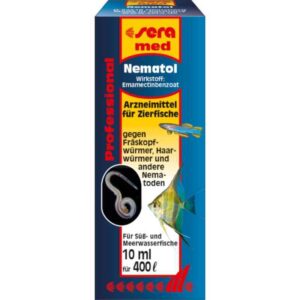 Sera med Professional Nema 10 ml
Sera med Professional Nema 10 ml
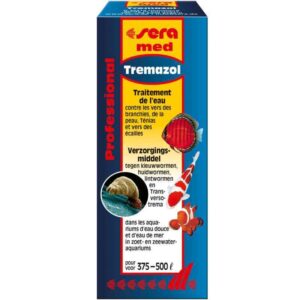 Sera med Professional Trema 25 ml
Sera med Professional Trema 25 ml
 Veterinary needle single 20G×1 ″, 0.9×25 mm 200 pcs
Veterinary needle single 20G×1 ″, 0.9×25 mm 200 pcs
 Hobby Viras 200ml (6.76oz)
Hobby Viras 200ml (6.76oz)
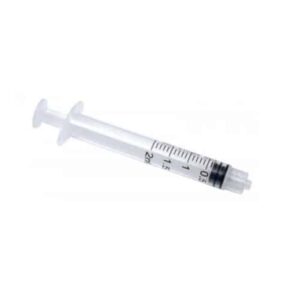 Disposable syringe 2 ml Luer Lock needle 0.6x25 mm Medicare, 100 pcs
Disposable syringe 2 ml Luer Lock needle 0.6x25 mm Medicare, 100 pcs
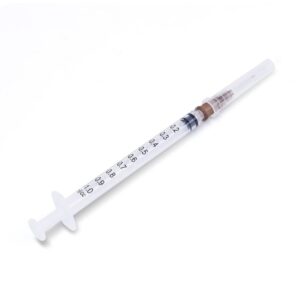 Disposable syringe 1 ml Alexpharm needle of 0,3х13 mm * 100 pcs
Disposable syringe 1 ml Alexpharm needle of 0,3х13 mm * 100 pcs
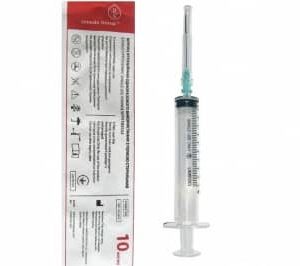 Disposable syringe 10 ml Luer Slip needle 0.8×38 mm Medicare, 100 pcs
Disposable syringe 10 ml Luer Slip needle 0.8×38 mm Medicare, 100 pcs
Showing the single result
The anti-inflammatory properties of topical ivermectin have been observed in animal models of inflammatory skin processes. Ivermectin also causes death of parasites, mainly through selective binding and high affinity for glutamate-regulated chlorine channels found in nerve and muscle cells of invertebrates. The mechanism of action of ivermectin in the treatment of inflammatory skin lesions in rosacea is not known, but may be associated with both the anti-inflammatory effects of ivermectin and the ability of ivermectin to kill Demodex mites, which, in turn, are a factor causing skin inflammation.
No account yet?
Create an Account